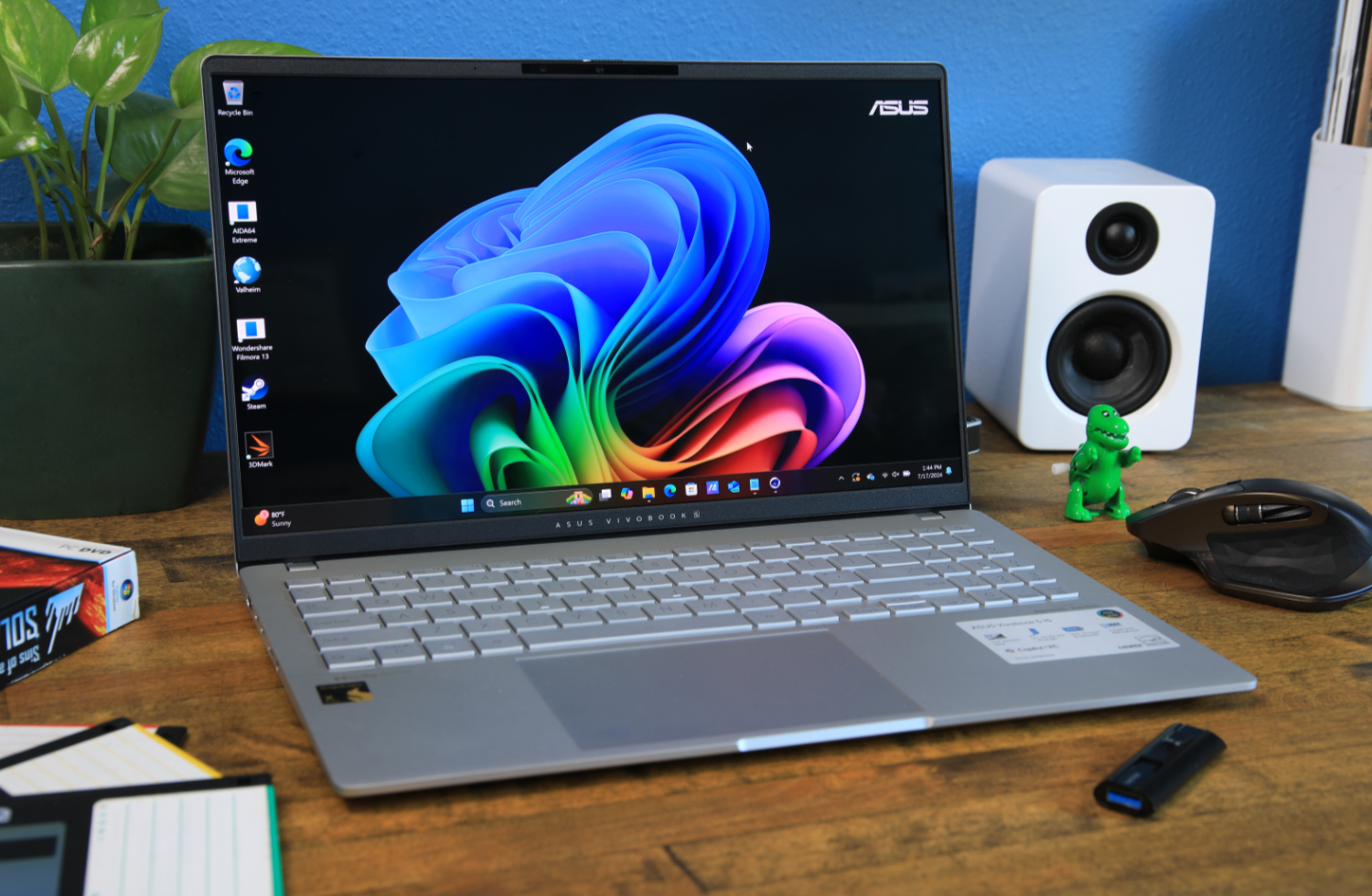UPDATE: As college students prepare for the upcoming semester, experts are emphasizing crucial features to consider when purchasing a laptop. With the academic year fast approaching, students must act quickly to secure a reliable device that meets their needs.
Experts from PCWorld have identified six essential features every college laptop should have. The urgency is clear: students cannot risk having their devices fail during critical moments, such as exams or project deadlines.
First and foremost, battery life reigns supreme. It is recommended that students look for laptops offering between 10 to 15 hours of battery life. Some models with Qualcomm processors can even last beyond 20 hours on a single charge. For instance, impressive devices like the Galaxy Book4 Edge can last up to 24 hours while watching video content.
When it comes to processing power, students don’t need heavy-duty machines for basic tasks like writing papers and browsing the web. An Intel Core i3 processor with 8GB of RAM and 256GB of SSD storage will suffice. However, upgrading to 16GB of RAM and 512GB or 1TB of SSD storage significantly enhances performance for those juggling multiple applications.
Moreover, screen quality is paramount. Students are advised to opt for a minimum resolution of 1920×1080 to ensure a clear visual experience, especially during long study sessions or online lectures. For those in creative fields, laptops with 4K OLED displays are highly recommended for their superior color accuracy and image quality.
Weight is another critical consideration. With busy class schedules, lugging around heavy laptops can be exhausting. Experts suggest choosing devices under four pounds for portability. For ultra-lightweight options, the Lenovo ThinkPad X1 Nano weighs just 1.51 pounds, making it an excellent choice for students on the go.
Operating systems also play a crucial role in student productivity. Depending on the course requirements, students should choose between Windows, ChromeOS, and macOS. Windows offers comprehensive software compatibility for photo and video editing, while Chromebooks provide simplicity and security at a lower cost.
Finally, a comfortable keyboard cannot be overlooked. Students will be typing extensively, so key travel of over 1.4 mm is ideal for a comfortable experience. Membrane keyboards are often quieter and more suitable for classroom environments.
As college approaches, students are urged to act fast in securing a laptop that meets these essential criteria. The right laptop can significantly impact academic success and overall efficiency. For further guidance, Ashley Biancuzzo, who oversees laptop coverage at PCWorld, offers valuable insights on making the best choice.
Students must prioritize these features immediately to avoid last-minute scrambles for equipment. The clock is ticking, and the right laptop could make all the difference in achieving academic goals this semester.






































































